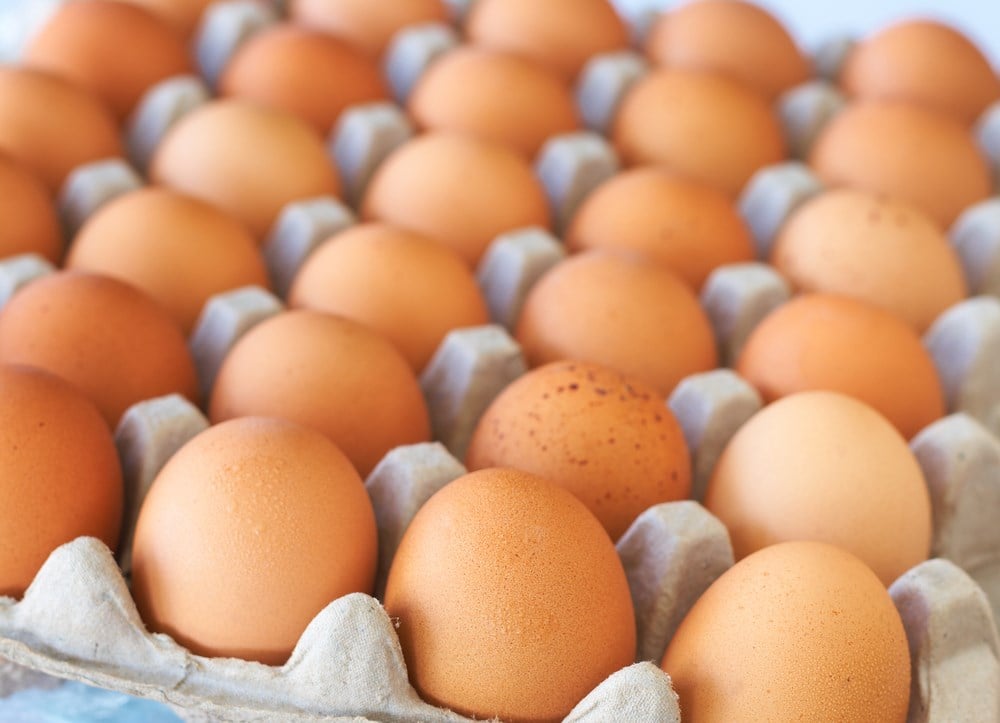
Analysts at Stephens, Bank of America (NYSE: BAC), and other stock price rating departments have taken on a less optimistic viewpoint regarding Cal-Maine (NASDAQ: CALM). Shares of Cal-Maine are trading slightly lower during the after-market hours of Wednesday evening, showcasing an initial decline of 1.05% as the sentiment toward the stock's future potential is hammered by analyst expectations.
The thesis behind the bearish outlooks for the company stems from, of all things, the declines in egg prices. The business fundamentals remain untouched by these pivots; perhaps an outside factor, as uncontrollable as the cost of eggs, may not affect the valuation of the underlying business as much as markets seem to think initially.
Now that Cal-Maine's dividend yield has reached an all-time high level, offering equity investors an outstanding 19.7% annualized yield. There is a justifiable concern surrounding the sustainability of these dividend payouts; if the financial symptoms of the underlying business turn negative amid these analyst expectations, free cash flow may suffer to a point where management may need to reduce or postpone dividend payouts.
Despite these views, the consensus analyst rating for Cal-Maine lands to provide a potential 12% upside scenario from today's prices. Analysts may be looking for a catalyst since all target ranges land on the $50 per share mark.
Searching for Direction
Hovering over Cal-Maine's chart, investors will notice a few key trends. The stock reached an all-time high recently, peaking at $63.52 per share in December 2022. Seven months later, it has broken below a significant price level that investors may be looking to re-test to justify amplifying existing positions or even initiating new ones.
The $50.81 per share marks a 20% retracement from the all-time high price, a retracement considered by Wall Street to be an official 'Bear Market.' In the case of this individual stock, breaking below this price meant that the price officially entered a bearish trend.
Now that the stock has declined further below this 'Bear Market' marker, it is resting upon the level where a bullish pivot may be triggered. The heavily respected 200-day moving average is floating around today's prices, which may act as the ultimate test for whether the stock will make a U-turn or keep declining.
A foundation may be built around that Cal-Maine stock is trading at the lowest price-to-earnings ratio in the farm products industry. This makes it an attractive alternative for investors looking for exposure in the space. Comparing the price action and current valuation against a bigger-name competitor may give investors another perspective.
Tyson Foods (NYSE: TSN) has underperformed Cal-Maine by 32.4% during the past twelve months. This is initially positive for investors to lean on the fact that the stock has some momentum. However, it is essential when they realize that - despite this outperformance - Cal-Maine stock is still significantly cheaper than Tyson stock.
Cal-Maine trades at a mind-boggling P/E ratio of only 2.9x, while Tyson stock trades at a higher 12.0x. This translates into a four-fold price premium for a company that did not outperform a smaller competitor, and it subsequently means that Cal-Maine investors may be holding the industry gem.
The Forensics
According to management's investor day presentation, the current capital allocation program for the company implies that a third of all net income generates will be going toward dividend payouts.
This directly ties the risk of earnings affecting the dividend payout, especially now that investors know the risks that falling egg prices may pose for the underlying business. However, some participants may need to include that management has been preparing for such a down cycle, as they described during a whole slide of the presentation and other subtle hints.
Enabled by 2022 full of spiking egg prices, trends that continued well into the first half of 2023, Cal-Maine was able to utilize these excess cash flows to scale up their production facilities and networks.
As underlying operations were forced to scale up amid rising demand, achieving economies of scale has opened up the company's risk diversification path. This dynamic poses a headwind to challenge analyst theses pointing to declining egg prices, which can subsequently impact Cal-Maine's bottom line and dividend payout.
The dividend may be cut to reflect a normalized yield, and the price may bounce upward from these significant support levels, which would also normalize the work, whatever the case may be. However, the likelihood of a disastrous outcome remains lower.